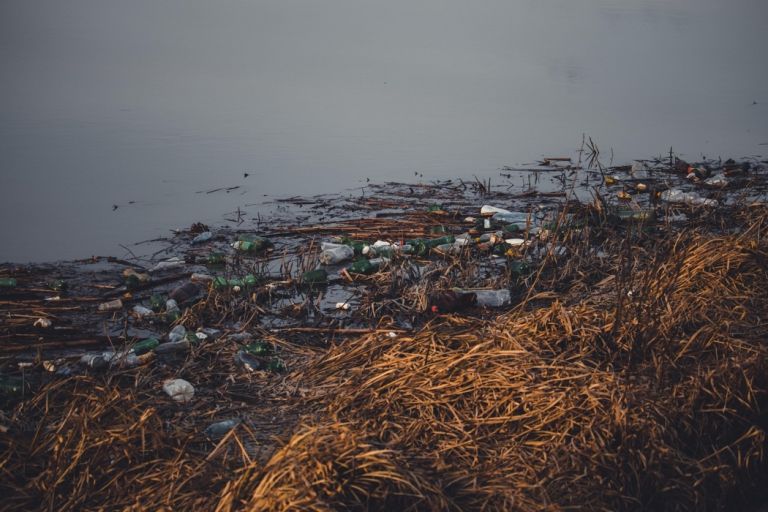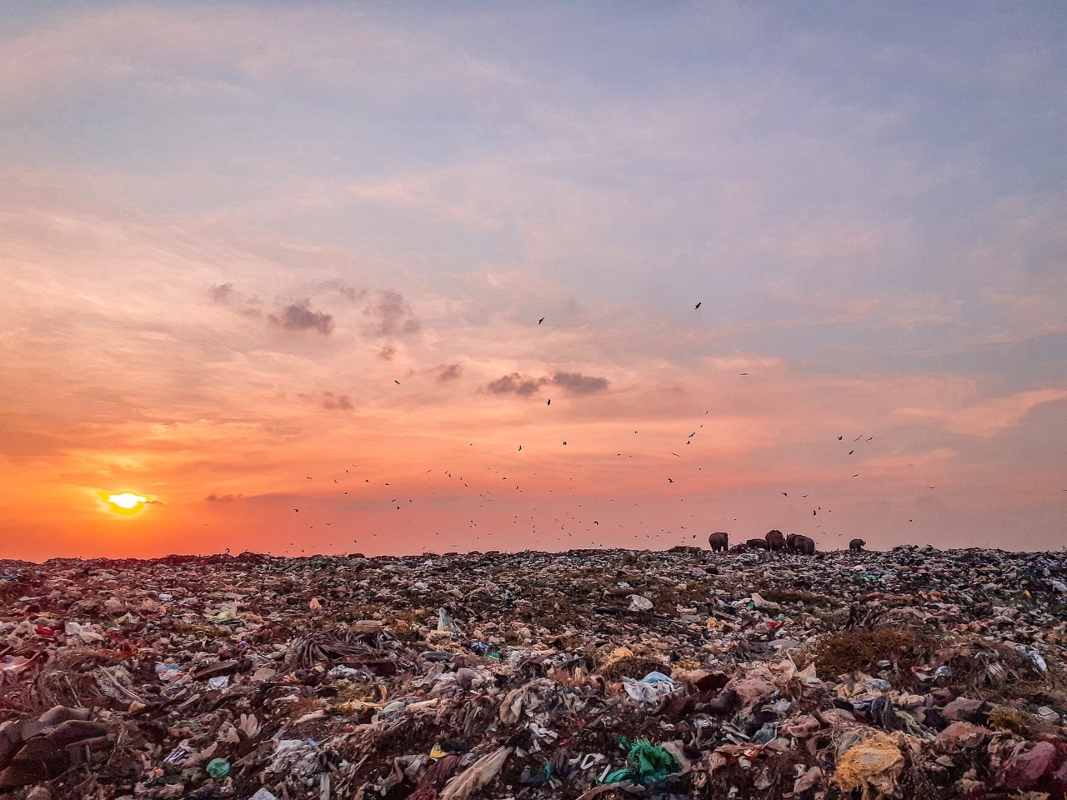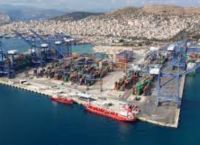Greece on the Brink of Losing EU Waste Management Funds

Πηγή Φωτογραφίας: pixabay//Greece on the Brink of Losing EU Waste Management Funds
Waste management is becoming a ticking time bomb for Greece, as the long-awaited €800 million funding call under the ESIF 2021–2027 for transforming waste processing plants into recovery and recycling facilities remains on hold.
At the same time, the government is promoting the development of six new waste incineration plants in:
- Attica
- Western Macedonia
- Rhodope
- Peloponnese
- Boeotia
- Crete
The plan aims to recover energy and heat from waste residues, in a project valued at over €1 billion. However, the proposal is already sparking fierce opposition from local communities, even before public consultation has concluded.
According to industry experts, the delays in launching the funding call mean that even if it is issued immediately, the process of submission, evaluation, and implementation will create a tight schedule, pushing completion to mid-2026. With construction typically requiring 2–3 years, the risk of losing EU funds is very real — jeopardizing projects already underway or in the pipeline across the country.

The “Elephant in the Room”: Attica Lacks a Strategy
Attica, which generates around 40% of Greece’s total waste, remains without a solid waste management plan. This vacuum is steering policymakers toward a direct transition to incineration, based on a ministerial decision that even allows burning mixed waste as a temporary measure.
Industry insiders warn:“Incineration should be the final step in the process. Starting with incineration undermines the possibility of recovering valuable materials — metals, plastics, and paper.”
The region’s failure to establish separate collection and recycling systems runs counter to the EU’s circular economy objectives.
High Costs and Strong Reactions
Environmental NGOs argue that the proposed incineration plants are unnecessary, dangerous, and economically unfeasible.
They estimate that the annual operating costs of the six planned facilities could range from €223–363 million by 2035 — equivalent to €189–308 per ton of waste. If passed onto local authorities and waste management organizations, this could lead to a 17–28% increase in municipal waste fees.
In addition to the financial burden, these facilities are expected to:
- Emit hazardous pollutants
- Produce toxic solid residues that cannot be safely disposed of in Greece

Alternative Proposals by Environmental Groups
Instead of burning waste, NGOs propose:
- Strengthening infrastructure for recycling and composting
- Widespread rollout of the Brown Bin system for organics
- Creating Extended Producer Responsibility (EPR) systems
- Implementing digital waste tools such as “Pay As You Throw”
- Funding prevention initiatives using landfill tax revenues
They argue that with these strategies, Greece could reduce landfill disposal below 10% by 2035 — without needing incineration — while also meeting EU circular economy targets.
Social Backlash in Western Macedonia
The first major blow to the government’s incineration plan came from Western Macedonia, where widespread opposition is intensifying:
- A large protest in Kozani took place recently
- The Regional Council of Western Macedonia voted against the Strategic Environmental Impact Assessment (SEIA) for the proposed plant in Ptolemaida V
- The project would have been located next to the new lignite power plant of PPC
The opposition is unanimous across the region, including:
- All 13 Municipal Councils
- The Regional Association of Municipalities
- Technical Chamber (TEE) and Geotechnical Chamber (GEOTEE)
- The Regional Waste Management Agency (DIADYMA)
- The Medical Association of Kozani
Regional Governor George Amanatidis declared:“The country’s energy center cannot become a dumping ground for the waste of six other regions.”
Greece faces a critical crossroads in waste management. The frozen €800 million ESIF call, the growing local resistance, and a lack of sustainable long-term planning threaten not only the country’s access to European funds but also its ability to transition to a truly circular economy.
Without transparent planning, local engagement, and investment in sustainable infrastructure, Greece risks locking itself into a costly, polluting, and outdated waste disposal model.
Source: pagenews.gr
Διαβάστε όλες τις τελευταίες Ειδήσεις από την Ελλάδα και τον Κόσμο






Το σχόλιο σας